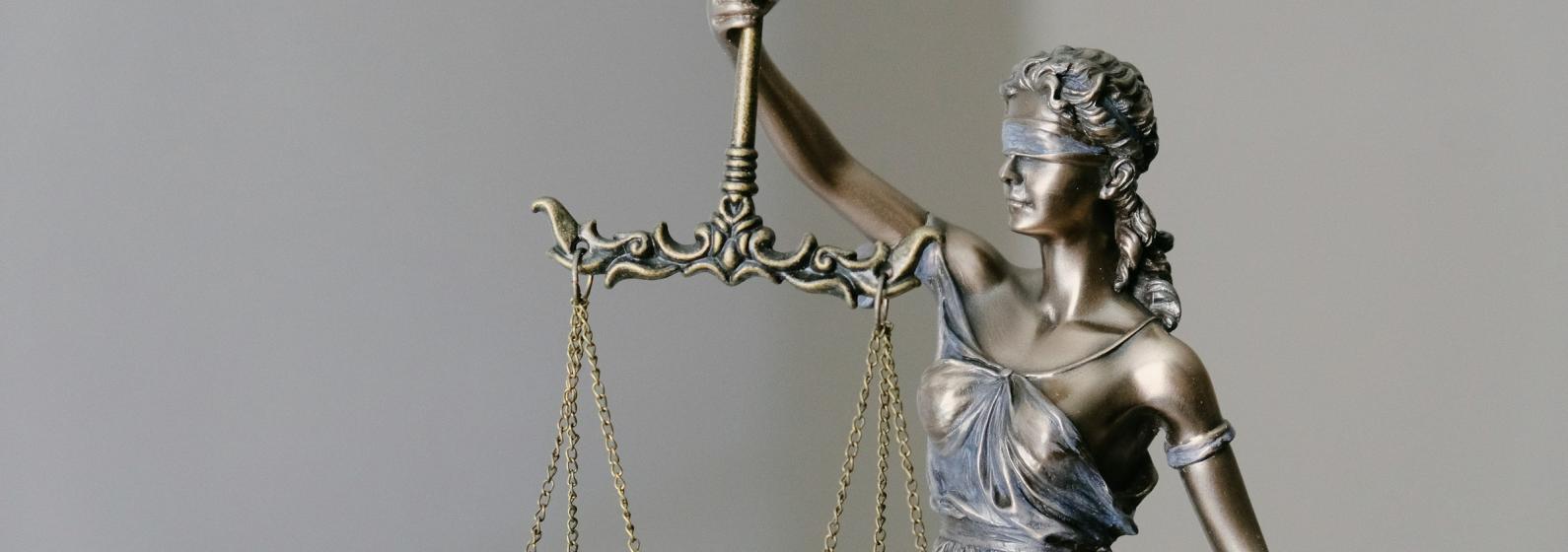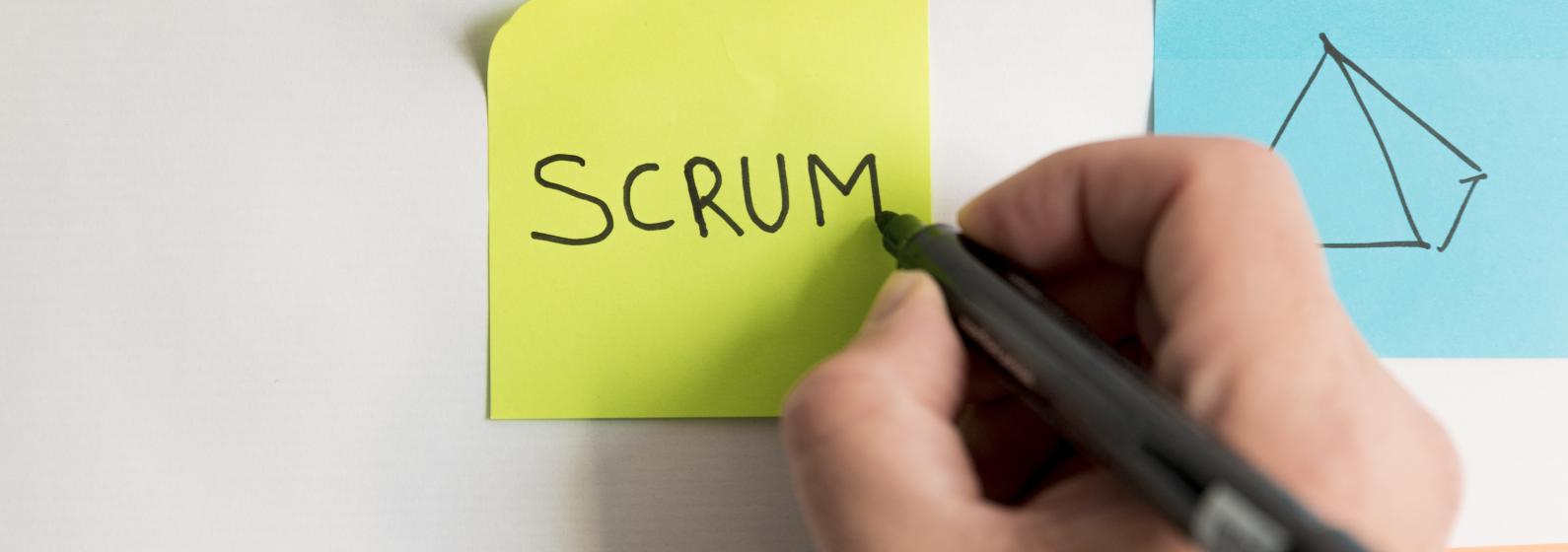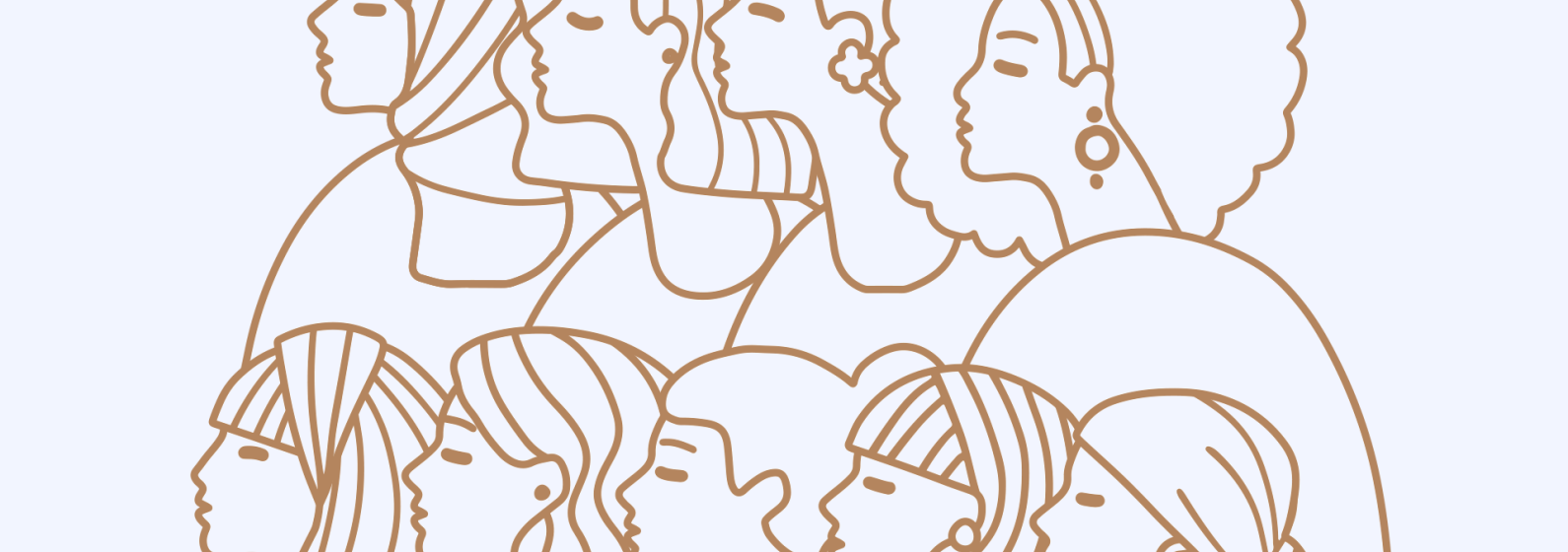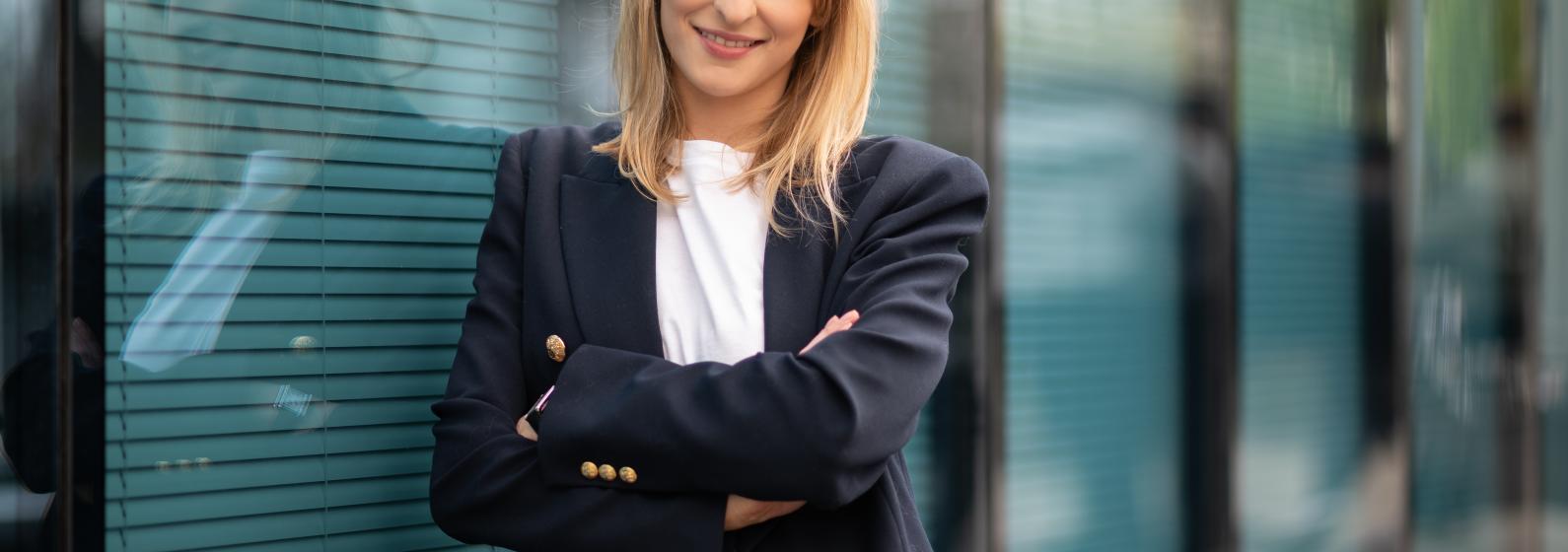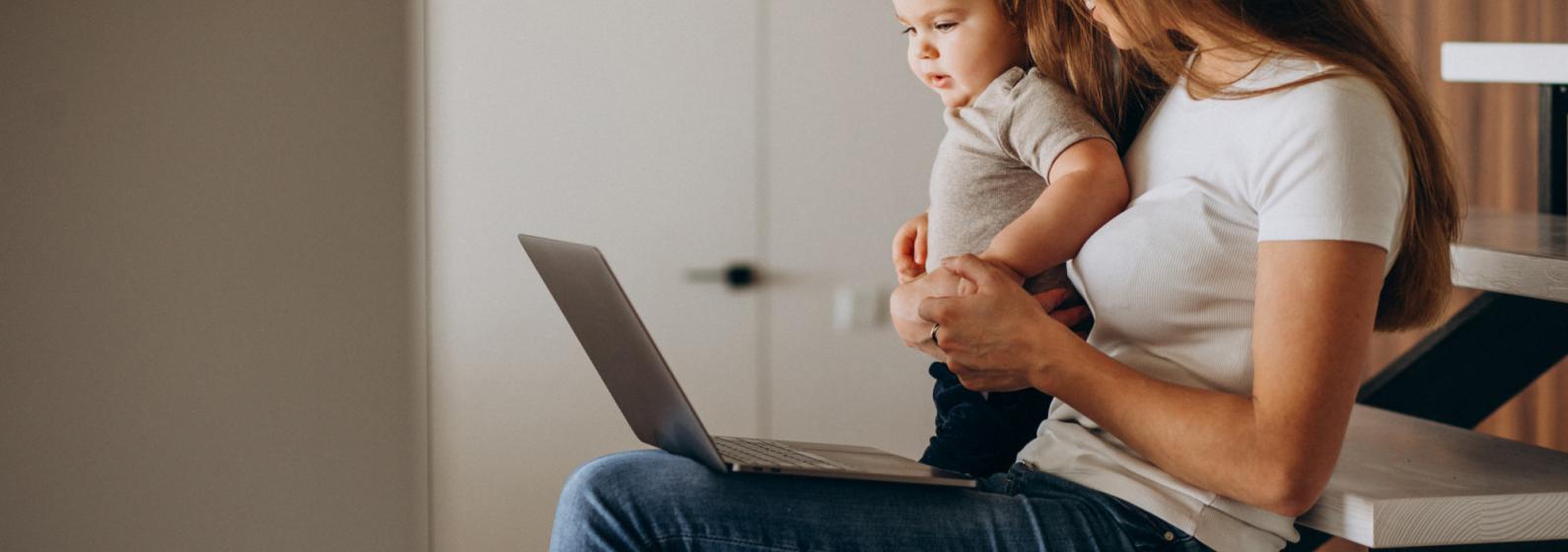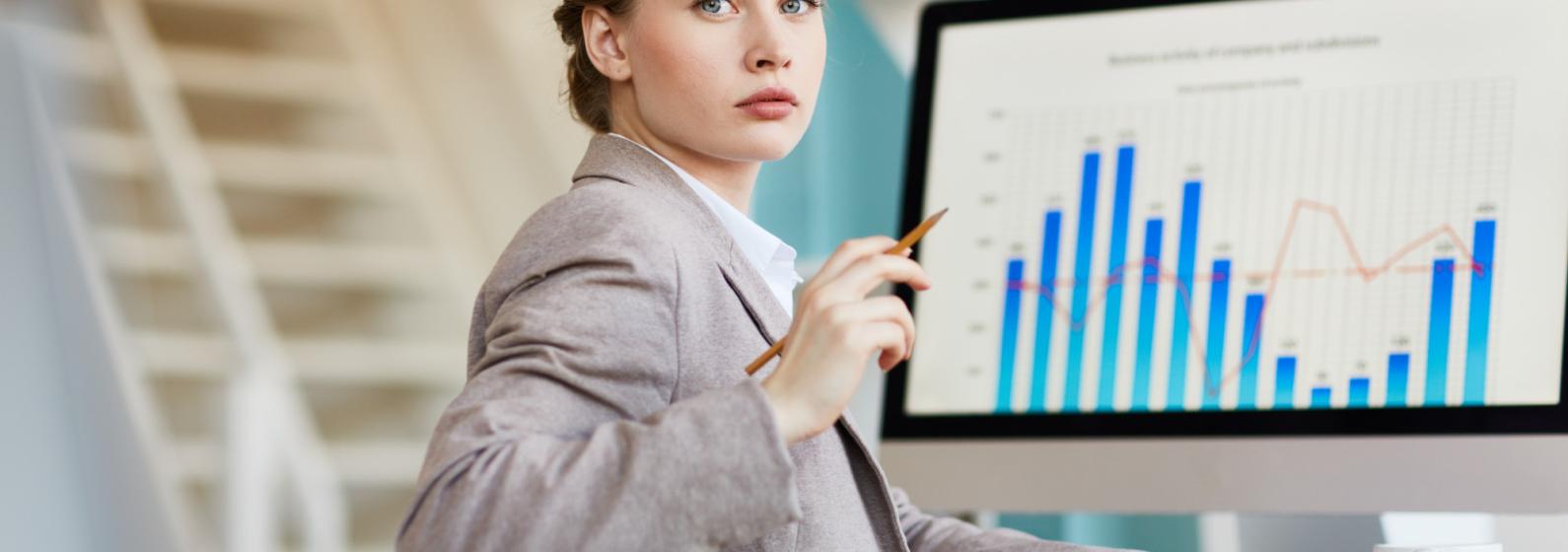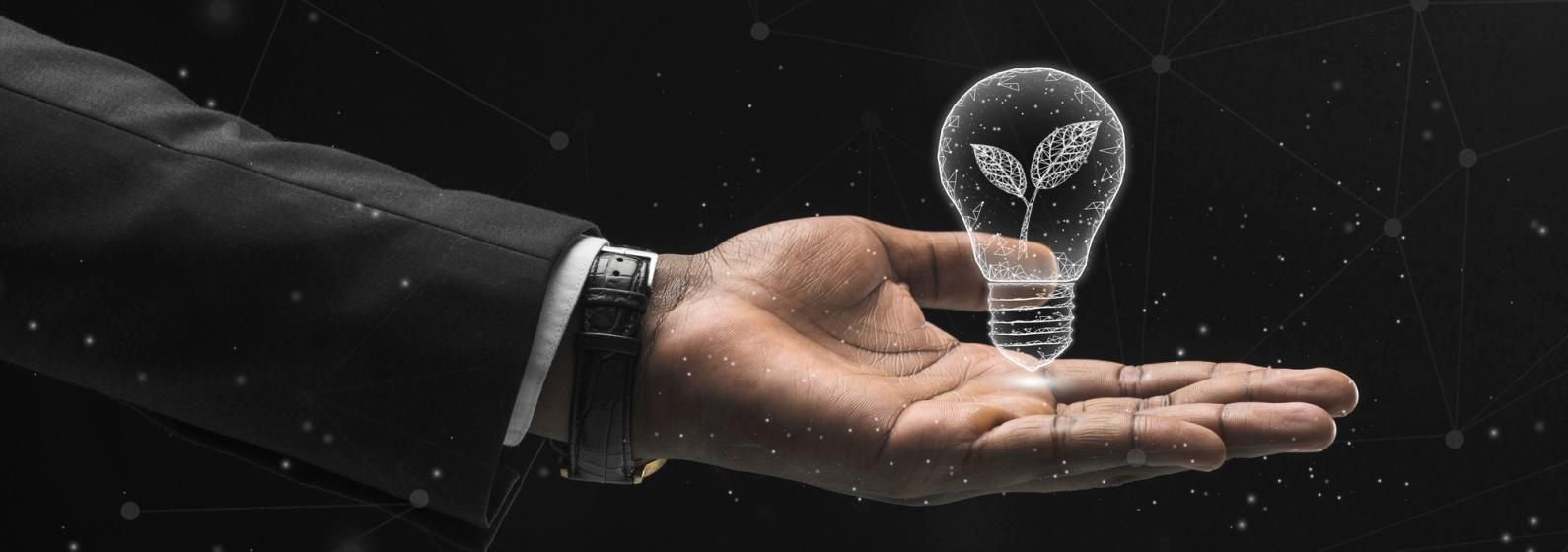Taleb’s black swan – being the pandemic – has ravaged humankind in all possible aspects of its existence. The virus has turned out to be democratic, impacting both developed and developing economies, both the well-off and the poor. Economic data reveals a significant decrease in the gross domestic product in the US, Japan, China, EU, African, and Latin American economies alike. Many experts expect the biggest global recession since the Great Depression of 1929-1933.
On the one hand, the effects of the current situation have damaged virtually all sectors offering services in a brick-and-mortar fashion. For instance, the global drop in the demand for services in the HoReCa sector has caused a 20% price drop in the farming industry. Disruptions in supply chains have hit the fuel and petrochemical markets – we saw 24% price drops worldwide only Q2 2020 alone. The downward trends in those sectors have had a negative impact on the manufacturing sector. The total and partial closing of offices has questioned the future of office space lease and of construction investment projects.
On the other hand, those who’ve managed to come out victorious this year are tech businesses, but also some traditional businesses effectively leveraging their technology. Locked inside our homes, we’ve fulfilled our basic needs (online shopping) but also consumed more entertainment (is there anyone not watching Netflix, listening to music on Spotify, or playing computer games more often than usual?).
What has the pandemic taught us so far? Those who categorically claim that the changes forced by the virus are fundamental are wrong. It’s too early for this. It’s true that the pandemic has brought to light some aspects we haven’t been aware of before. The closing of kindergartens, schools, and higher education institutions has exposed the negative effects of long-term remote work in the social dimension. We keep going back in our minds to how it used to be, getting used to the present circumstances at the same time. We’re coming to terms with this bizarre situation. Subconsciously, we’re forming a haphazard mosaic of dreams about returning to a recent past and the challenges of today. We want all the changes to be temporary. But we’re forgetting about humankind’s persistent guilty conscience – the inevitable climate change, fake news, scepticism, and social inequality. The pandemic has turned out be worse than the “old” reality.
What will be its effects in the end? Will the changes it has caused stay with us for good? One thing is certain – it has surely strengthened our conviction that the old can be better than the new.
The text is part of the publication "The New Normal. Reality in the times of the global Covid-19 pandemic. A commentary by the faculty of Kozminski University".
